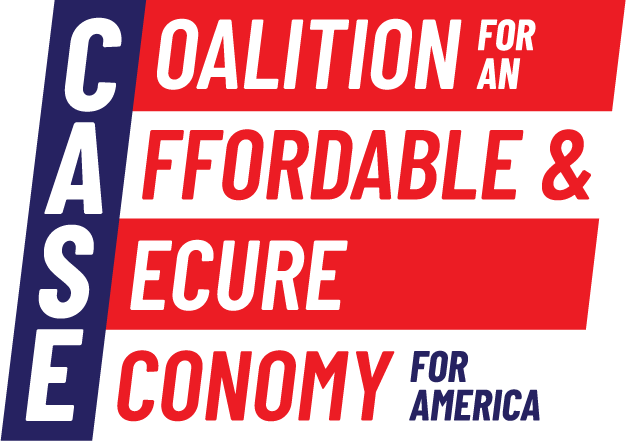The Unintended Consequences Hit America’s Heartland & Upper Midwest
Tariffs are often framed as a way to protect American jobs and industries from foreign competition – but that framing tends to overlook the reality.
From manufacturing to agriculture to construction, blue-collar American workers will be hurt the most by sweeping tariffs, putting them at a disadvantage.
The unintended consequences of tariffs include price increases on household items Americans use every day, job losses and the potential to make life more expensive especially for middle- and working-class Americans.
Tariffs disrupt supply chains, making it more expensive to manufacture goods in the United States, especially in industries that rely on imported materials. Supply chains are complex, so imposing a tariff every time a product crosses into the U.S. drives up costs.
The Tax Foundation estimates that 25% tariffs on Canada and Mexico would reduce after-tax incomes by an average of 1.7%. As tariffs reduce U.S. economic output, they estimate after-tax incomes would fall by 2.2%.
This decrease, along with an increase in prices, would cripple American buying power.
The aluminum industry — which employs 164,000 American workers and indirectly employs 272,000 workers within industries such as mining, construction and manufacturing — has warned that 100,000 jobs in the U.S. could be lost because of the new tariffs. Additionally as of 2021, there are around 143,000 people employed by the iron and steel industry in the U.S, who could also see their jobs at risk.
President Trump’s 25% tariff on steel and aluminum will ultimately increase production costs, leading to reduced wages or even layoffs – not to mention higher prices for all Americans.
Case in point, aluminum producer Alcoa estimates that if imposed, this policy could cost U.S. customers an additional $1.5 billion to $2 billion annually.
Alcoa CEO Bill Oplinger said the tariff on aluminum imports “is bad for the aluminum industry in the U.S. It’s bad for American workers.”
As businesses deal with increased packaging expenses due to aluminum tariffs, prices for canned foods and beverages, from sodas to soups, are expected to rise. As manufacturers pass on the increased costs, products like electronics, which rely on aluminum for lightweight components, will likely face price increases. Industries that rely on aluminum in building materials may also experience higher costs.
At the same time, American farmers, many of whom are already struggling, would be hit hard. In South Dakota, farmers still haven’t recovered from the last round of tariffs imposed during Trump’s 2018 trade war, which crippled the state’s economy and forced the government to step in with a $23 billion bailout. As a result of retaliatory tariffs from summer 2018 through the end of 2019, U.S. agricultural losses exceeded $27 billion, with China accounting for about 95% of that lost value.
Retaliatory tariffs from trading partners like Mexico and Canada would devastate U.S. agricultural exports, which are forecasted to hit $30.2 billion to Mexico and $28.4 billion to Canada this year. American farmers could lose billions in sales, further eroding the economic stability of farming communities
Take the American auto industry as another example. While tariffs on automobiles have been temporarily paused until April 2, it’s important to remember the implications of the uncertainty caused by the threat, regardless of if and when the pause is lifted.
Vehicles such as the Chevy Silverado or Dodge Challenger, for example, contain parts that cross borders multiple times before they roll off the assembly line. The Anderson Economic Group estimates that a 25% tariff on countries highly involved in the supply chain would add between $4,000 and $10,000 per car to vehicles assembled in North America.
Ford Chief Executive Officer Jim Farley warned that tariffs would “blow a hole” in the U.S. auto industry, leading to job losses and hurting blue-collar America.
Bottom line: Tariffs make everyday household goods more expensive and could result in thousands of lost jobs.
We can hold foreign bad actors accountable and create a stronger economy without driving up inflation and increasing costs for hardworking American families.

